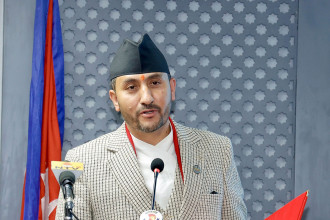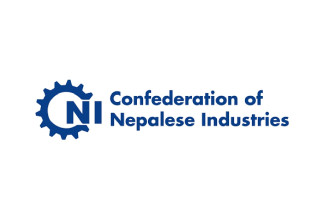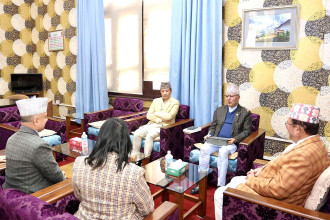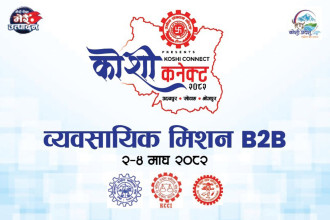
An entrepreneurship and innovation focused non-profit program called Impact Week was conducted for the first time in Nepal, hosted by King’s College, Kathmandu in collaboration with Germany’s Lufthansa Group Airlines on November 12.
Alongside the support of Lufthansa’s social arm, Help Alliance and the Embassy of the Federal Republic of Germany in Kathmandu, representatives from various European multinational companies have come together to bring this global event to Nepal. This German award-winning program was established in 2015 in Kenya and has been successfully held in various emerging economies across the world. This year’s locations include India, Jordan, Ghana and Nepal.
The Impact Week in Nepal was organised by a team of volunteers from Lufthansa Systems including the lead organisers Aman Bhattarai and Tilo Hillmer, and the lead coach Danny Tobisch. They are experts in their respective fields with a rich background of participating in Impact Week programs around the world. “It is a personal dream come true for me to bring my matri bhumi Nepal and karma bhumi Germany together for a global innovation challenge. Knowledge and skills are the most precious things that are needed to foster Nepal’s economic and social development. I am excited to welcome global innovation experts, my colleagues from the Lufthansa Group and their skills and methodologies to Kathmandu and hope to foster user-centric social innovation growth among Nepalese youths through this unique collaboration,” said Aman Bhattarai, Senior Consultant at zeroG – a Lufthansa Group company – and lead organiser of the Impact Week Kathmandu.
The Impact Week Nepal 2019 was conducted in two phases. In the first phase, seven European experts transferred their knowledge about the ‘design thinking’ methodology to 18 Nepali academic professionals and 18 international professionals. In the second phase, the 36 newly-trained junior coaches guided approximately 120 students and young professionals from diverse colleges and field of studies through a design thinking process to solve pressing local and national level challenges. At the end of the Impact Week, all 18 teams pitched their final solutions and competed for three awards in the form of financial aid specifically aimed at supporting the teams to implement their solutions. In the closing ceremony, 18 teams from six different tracks pitched their ideas and presented the prototypes to the panel of jury. Team Dakshyata from Education Track emerged as the winners of Impact Week Nepal 2019, followed by team Genefre and team Microroots from the Agriculture Track.
The challenges addressed during the Impact Week programme focussed on the following six areas: agriculture, tourism, mobility, arts & culture, health, and education. The six tracks were mentored by the following local organisations: Eco Himal Nepal, Nepal Tourism Board, Tootle, Kathmandu City Planning Commission, Hospital for Advanced Medicine and Surgery, and King’s College.
The program allowed participants to connect with like-minded people from Kathmandu valley and around the world to learn from both the experts and each other, and to strive and create a real impact for their community and country. Altogether, this programme based on ‘design-thinking’ approach, contributes to promoting innovation and entrepreneurship in emerging economies as the basis for sustainable growth. With the help of this method, local students and young professionals are empowered to develop the business ideas of their own and solutions to solve problems in their local or wider community.





